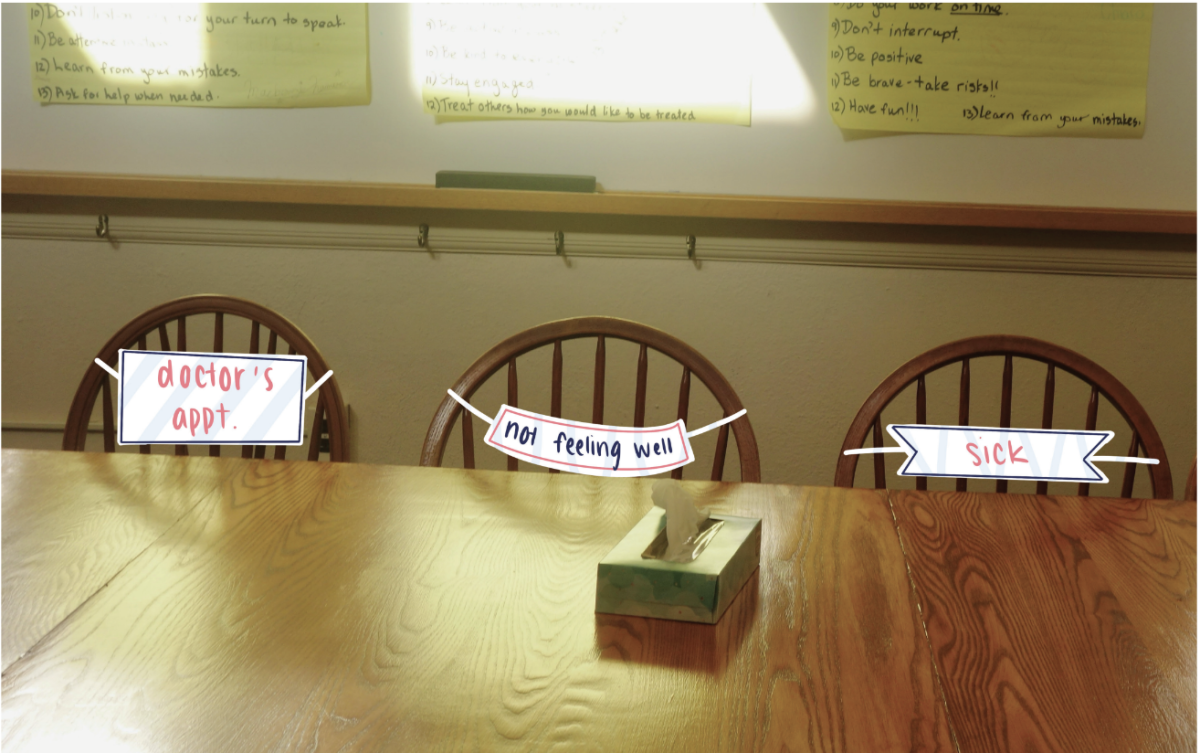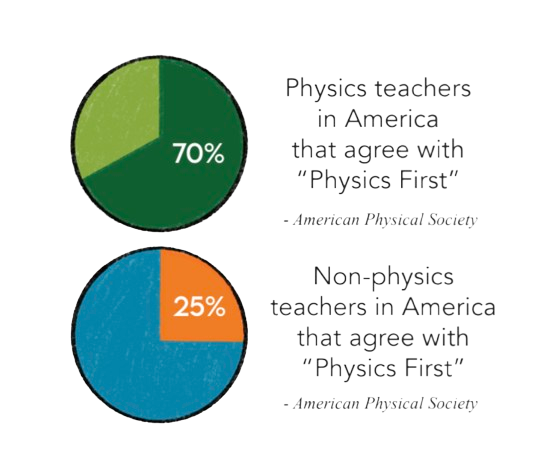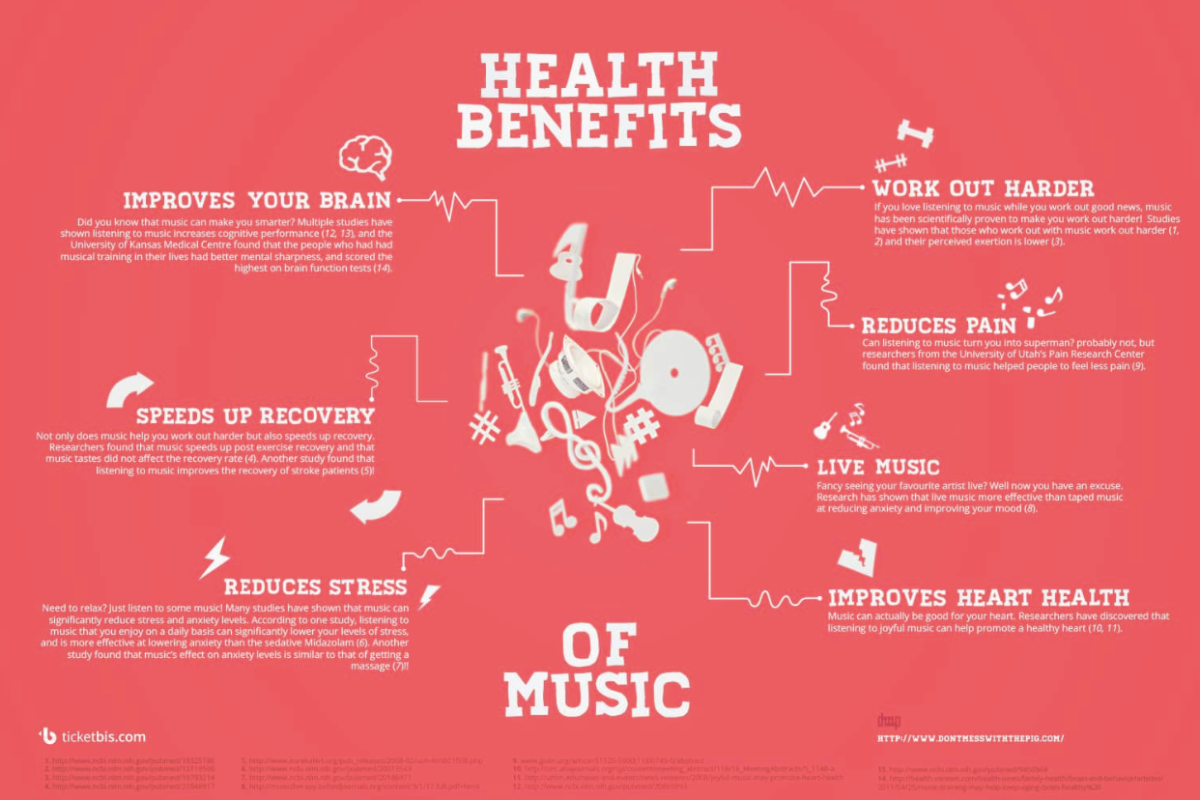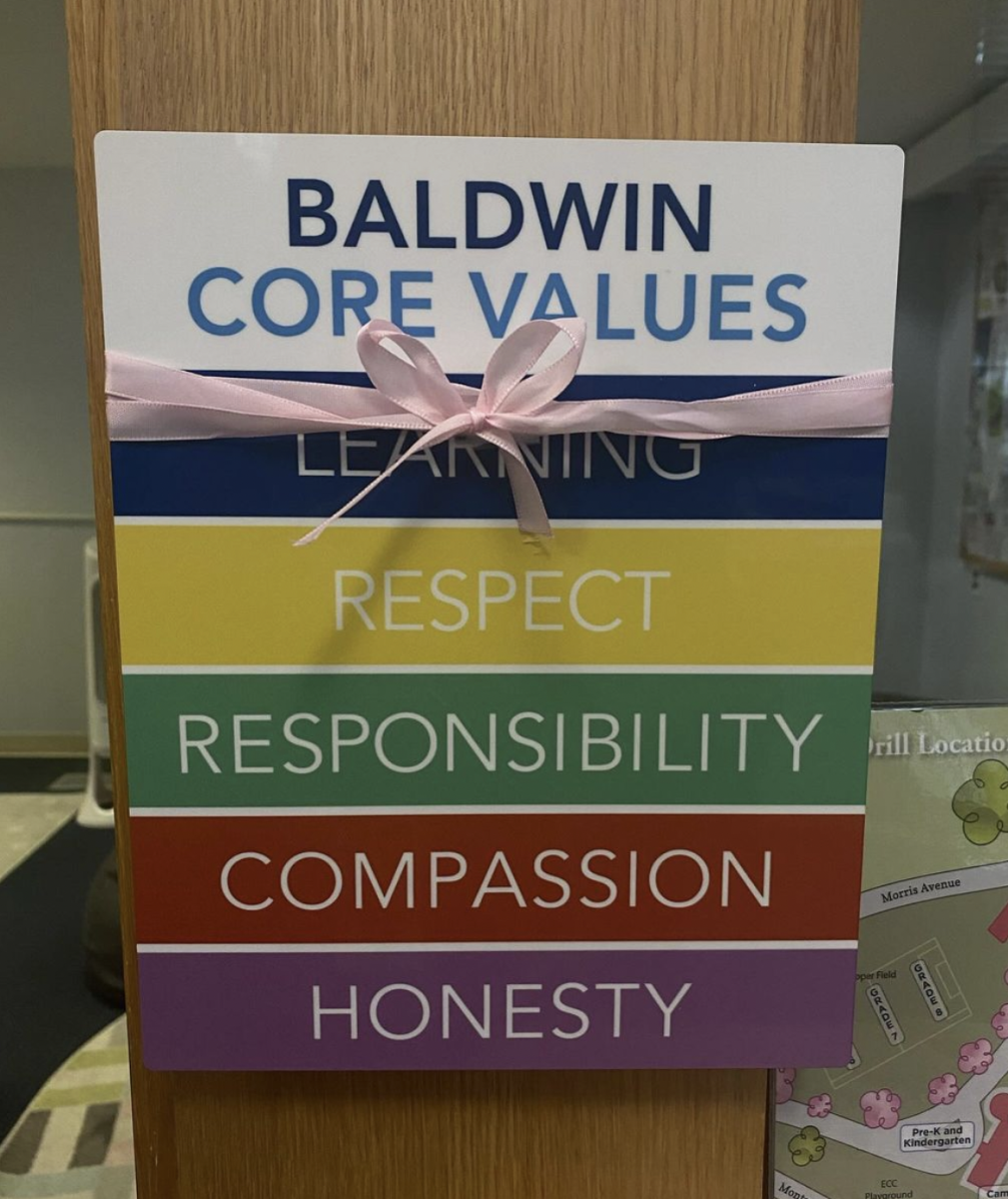The Dreaded “A” Word: Applications
How does college stress affect Baldwin students?
In 1982, Stephen Hansell published a paper called “Student, Parent, and School Effects on the Stress of College Application,” about “Acute College Application Stress.”
He lists familiar challenges as the cause: test-taking, application decisions, and pressure from others. So, is the process the same today?
Ms. Box, one of the Baldwin College Counselors, pointed out that the internet and the COVID-19 pandemic have both changed the college process.
She explained that there can be “mixed messaging” online, which forces students to decipher what to trust, nonetheless likely stumbling upon misinformation.
Social media posts about SAT/ACT scores and college acceptances may also lead to unhealthy comparisons. The internet overall seems to amplify already extant stress.
The pandemic, on the other hand, has brought both good and bad changes. According to the Urban Institute, the number of test-optional schools nearly doubled from spring 2020 to December 2021. These shifts have made the process more accessible for many.
Additionally, changes that proliferated during the pandemic have also led to “incredible increases in applications, across predominantly highly selective colleges and universities,” Ms. Box said. Along with the pressure to get into “high-ranking” schools, decreasing admissions numbers and the resulting added uncertainty have piled on student stress.
So how stressed are Baldwin students when it comes to the college admissions process?
Out of a sample of 44 Upper School students surveyed from a mix of grades, the vast majority, 91%, had completed some college application-related activity.
Students were asked to share the hours they’d spent on college-related activities in the last week. Sophomores, juniors, and seniors spent a significant amount of time working towards their college applications, with the hours increasing by grade. Notably, this survey was taken during the senior college visits between September 15 and 16; this accounts for the stark contrast between the average of three hours for juniors and nine for seniors.
Students were then asked to rank their own stress and estimate the rest of their grade’s on a scale from one to ten. The reported and estimated stress both increased steadily from year to year. The freshman class ranked as a four, the sophomores a five, the juniors a six and a half, and the seniors an eight. Interestingly, lowerclassmen seemed to underestimate the stress of their grade, while upperclassmen seemed to overestimate the stress of their grade. Freshmen predicted stress level four, sophomores level five, juniors jumped up to an actual six and estimated eight, and seniors levels were an eight.
Respondents identified different parts of the application process as the origin of their worries.
Betti Pang ‘23 said, “It can be incredibly nerve-wracking to face the very real possibility of not getting into a school that you love.”
Wynne Conger ‘23 said, “Deliberation, and by extension, personal doubt, was a much greater stressor than I initially anticipated.”
But what can be done about this pervasive stress? Is it inevitable, or can we reduce the anxiety associated with this challenging process?
Ms. Box had multiple suggestions for students who are struggling. She said, “If you possibly can, try to avoid focusing on the uncontrollable aspects of the process. Letting go of that, and really focusing on the tasks that you can control … is a very empowering approach to [the process].”
She also recommended viewing the application process as a personal journey– a chance to reflect and grow.
For freshmen, Ms. Box said, “I would encourage students starting out high school to enjoy that time and just enjoy being themselves and exploring who they are and their interests before they enter the official steps of the process.”
To seniors, she advised taking advantage of their first normal year of high school, with all of the events and traditions, and not letting college take over the senior experience.
As Stephen Hansell highlights, college stress has persisted for a long time, and it may not be going away any time soon. But by dealing with it in a healthy way, students can prepare themselves for the bright future ahead while learning to appreciate the here and now.
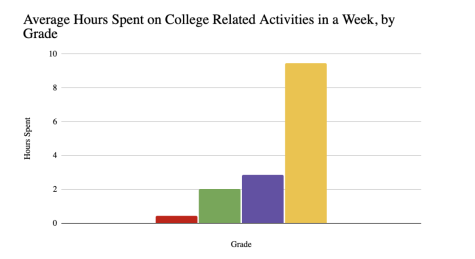
Figure 1: Students were asked, “How many hours have you spent in the last seven days on college-related activities?”

Figure 2: Students were asked to rank their own stress and that of their grade, on a scale from 1 to 10.






